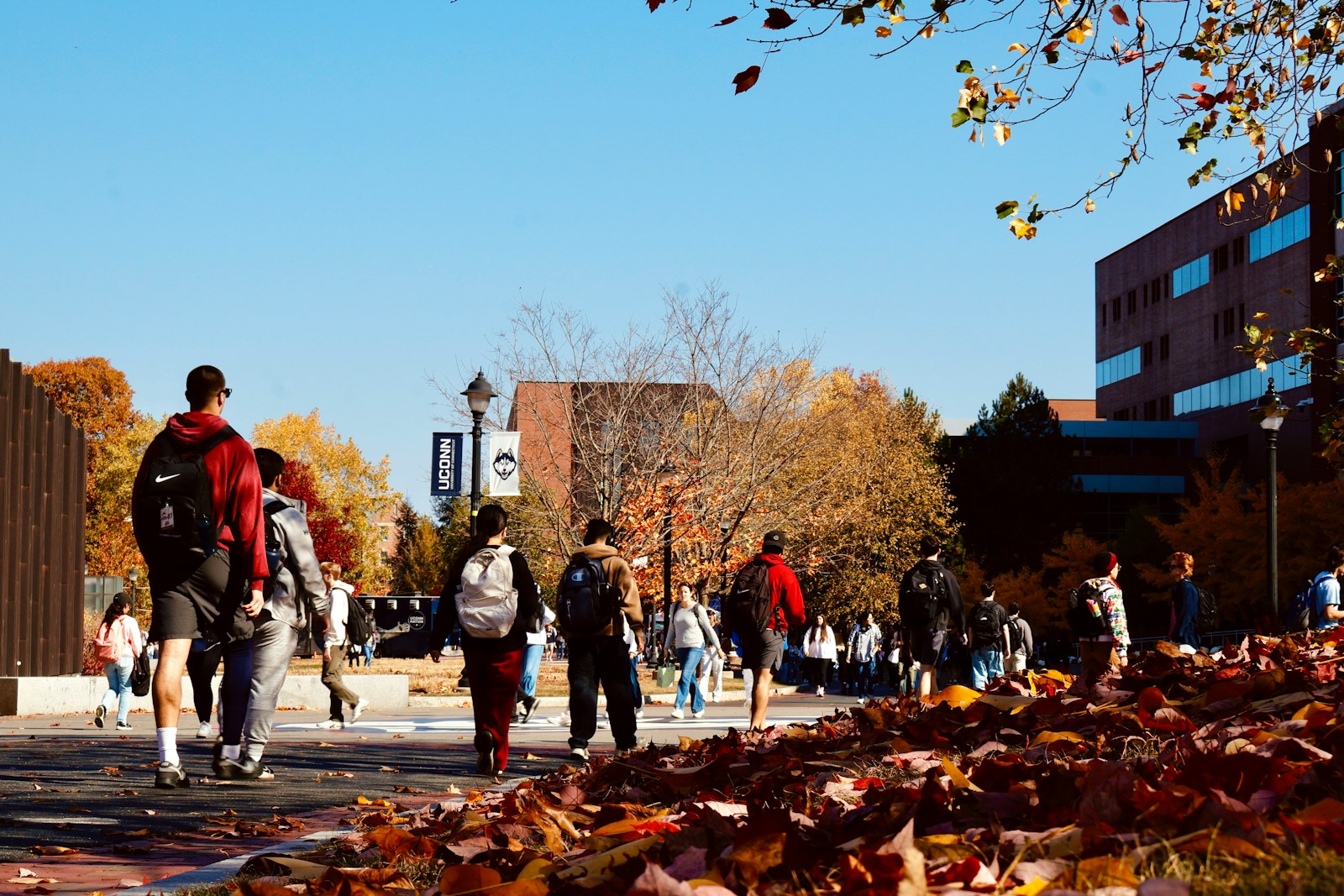College should be one of the happiest and most enriching times in a person’s life, but there were five security incidents at American colleges in the last week of November of 2019 alone, some of which were motivated by intolerance. Personal security is an issue everywhere in society, including colleges, and students (and their parents) need to understand which types of security are provided by colleges, as well as how to beef up personal security. These facts and tips will make it easier for students to focus on the positive elements of attending college (and there are many), without feeling unsafe.

How do USA colleges protect students?
College administrators in America definitely understand that campus security is vital, and many administrators oversee campus security systems that utilize a blend of high-tech and low-tech security methods, including (respectively) CCTV and security patrols. The prevalence of security issues at colleges tends to depend on an array of factors, including the size of the student population, how much tuition costs, the demographics of the student body, and which crime control tactics are employed. Colleges that have many video surveillance cameras, along with cloud-hosted managed security systems, in addition to scheduled security patrols and student transportation and escort programs, tend to offer the highest level of security.
It’s important for students to understand which security services are offered on campus, and how comprehensive those services are. Parents and students should make a point of asking college officials about campus security. When students and parents get the facts, they’ll have a better sense of what’s involved in staying safe at particular post-secondary educational facilities. If students are still deciding which colleges to apply to, considering the levels of security on various campuses may help them to make smart decisions. Information about these systems is readily available via campus websites and campus staff.
What can students do to stay safe?
Understanding how security systems function at college campuses is important, but students also need to take personal security matters into their own hands. One of the best tips is to be alert. Students should be mindful of security when they are out and about. They should be aware enough to notice when things aren’t right, such as if they’re being followed or someone is behaving too aggressively during a campus event, such as a party.
Students should be careful walking at night, especially in areas that aren’t well-lit. Students who own cars should also be careful at campus parking lots, by reporting any loitering activity near their vehicles, and staying away from their vehicles if they notice strange activity near their cars. Obviously, sticking with a group is one of the safest ways to maintain personal security, but there will be times when students need to walk alone.
How to feel safer when you’re walking alone
Carrying a personal alarm, such as a whistle that lets other people in the area know that you’re in trouble, will be a good way to feel safer while alone. Some students carry pepper spray instead, or carry both personal alarms and pepper spray. If you’re going to use these security tactics, make sure that you understand how to use them properly. Read the instructions carefully before you put these security accessories into action. There are also security apps that students can download. These apps are useful and there are many of them, so students should research them and choose the best. One last tip is to consider taking self-defense classes if you haven’t taken them already.
Now that you know more about staying safe at college, you’ll be ready to get the most from your college days. It’s all about discovering which security systems are in place at your campus and putting a high premium on personal security. When you do both, you’ll be able to protect yourself.


